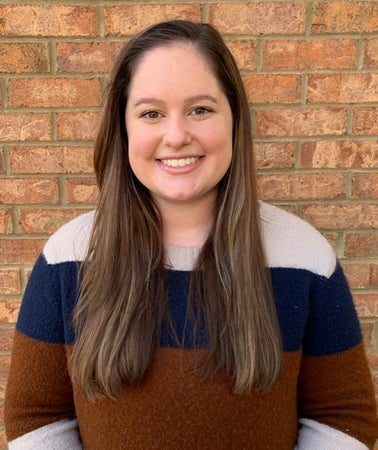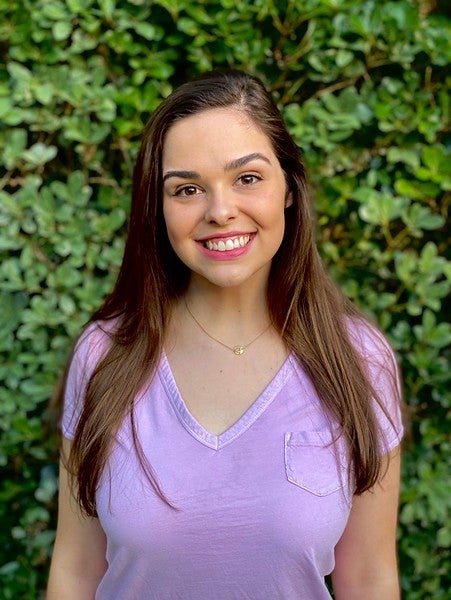Two Georgia College students selected for Fulbright Canada and MITACS Globalink internships
Published 1:45 pm Wednesday, March 24, 2021
|
Getting your Trinity Audio player ready...
|
Two Georgia College students have been selected to participate in summer research internships funded through a partnership by Fulbright Canada and MITACS Globalink.
Junior physics major Catherine Boyd and junior biology major Molly Bullington will undertake advanced research projects for 10 to 12 weeks under the supervision of faculty at Canadian institutions.
Boyd will perform research on nanostructured thin film devices with faculty from the University of Victoria. Nanotechnology, a relatively new field of study, centers around engineering materials and their properties at very small-length scales. It is widely used in technology, including in electronics and automobiles.
Bullington will study the neural circuit for courtship behavior in drosophila, known more commonly as fruit flies, with faculty from the University of Saskatchewan – Saskatoon.
Students would typically travel to Canada for the internships. This year, though, the internships will be conducted virtually.
While different from a Fulbright Scholarship, the internships are administered by Fulbright Canada. The program is relatively new, and this is the first time Georgia College students have been awarded this internship.
The program does not publish its statistics on how many internships are awarded annually. However, the internship is nationally competitive, said Anna Whiteside, assistant director of the Honors College and coordinator of the National Scholarships office.
“The program has great benefits, so it’s competitive. Our particular students were heavily involved in undergraduate research,” she said. “Both were referred to me by MURACE for their undergraduate research experiences.”
Boyd developed an interest in physics early on through her family’s iron foundry business and is looking forward to researching a new topic.
“This research is similar to research that I am doing now, but it will still give me a new opportunity that I cannot wait to explore,” said Boyd. “This internship will also let me practice working with new people and new mentors. I am excited to strengthen my research skills and learn more research techniques.”
Before attending Georgia College, Boyd worked at the foundry as an engineer intern. After initially enrolling at Georgia College as pre-engineering, she discovered a passion for physics and changed her major.
“After I graduate, I will be attending another undergraduate school to earn a mechanical engineering bachelor’s,” she said. “After my second bachelors, I will be applying to graduate programs to get a master’s in engineering. My dream is to work for NASA, so hopefully this will put me on the right path.”
Just like Boyd’s passion for physics, Bullington has had a longstanding passion for biology. She’s always been interested in the details of things and understanding how and why they work.
Data analysis will comprise the majority of her research with the University of Saskatchewan. Since the internship is virtual, she will not carry out physical experiments. Instead, she will analyze data produced by colleagues who are present in the lab.
“For the specific project I will be working on, I will be analyzing behavioral assays of a model organism, the fruit fly,” she explained. “The physical experiments will include genetic manipulation of very specific genes known to be responsible for the male fruit fly courtship behavior. Genetic crosses and behavioral studies will be set up in the lab, whose outcomes I will then analyze to ultimately better understand the development of the neural circuit responsible for courtship behavior.”
“This internship will push me to be a better student, one that is confident in myself and my abilities as they have gotten me this far in obtaining the internship,” she said.
Upon graduation, Bullington plans to attend school for veterinary medicine. Another possible academic path she may take, once accepted into vet school, is to apply to a dual-degree program for a Doctorate in Veterinary Medicine (DVM) and a PhD.
Both students expressed excitement and enthusiasm over the opportunity to work alongside a faculty member in Canada, gaining personalized mentoring.
“This is an opportunity to do research projects that we might not have at Georgia College,” said Whiteside. “This is also a great first step towards learning how international research collaborations work, and also learning about research culture in other countries.”



